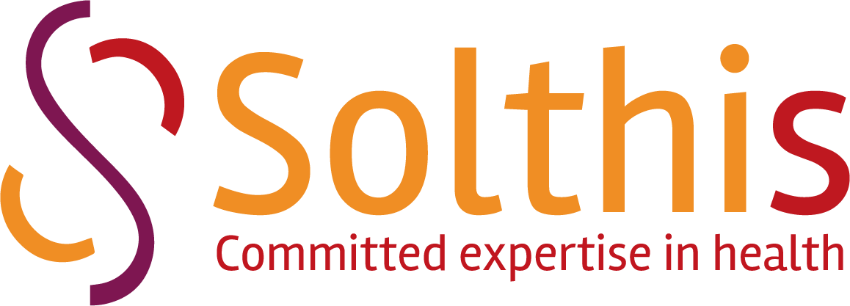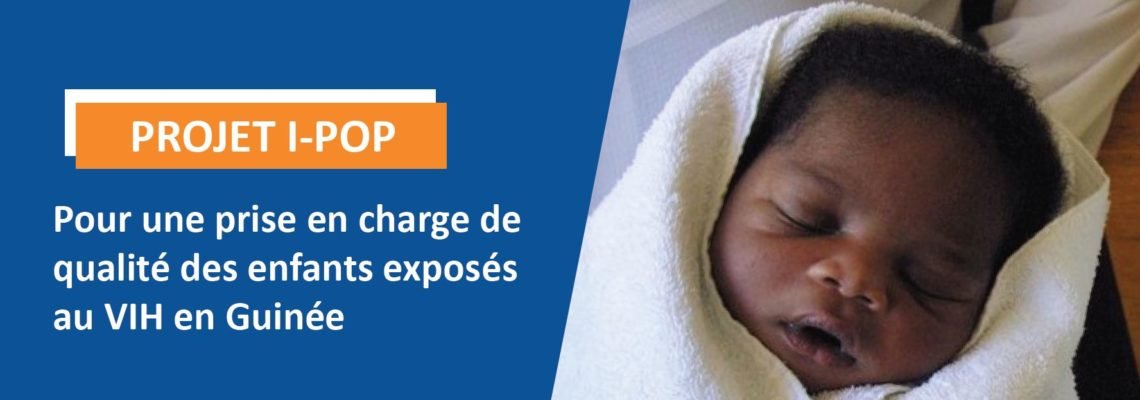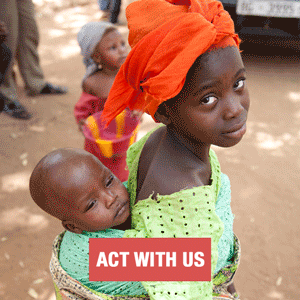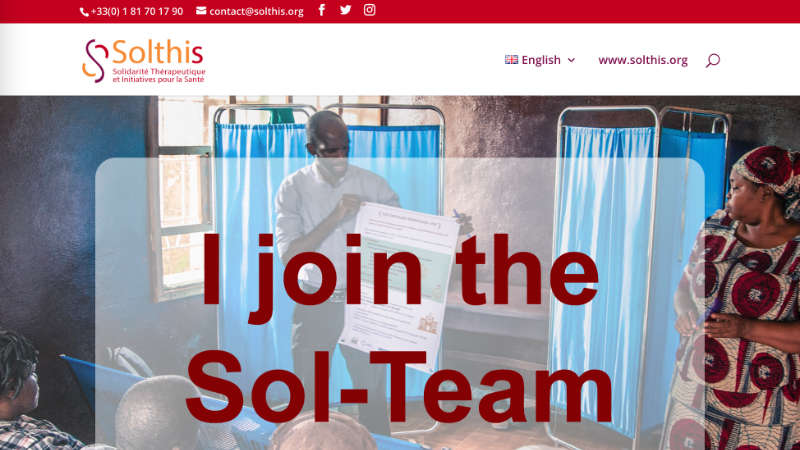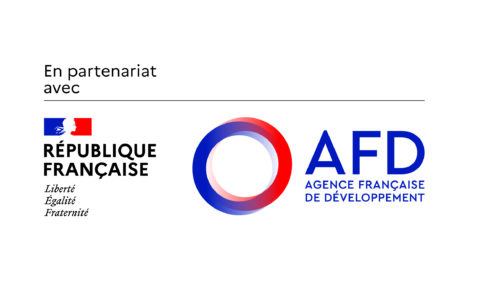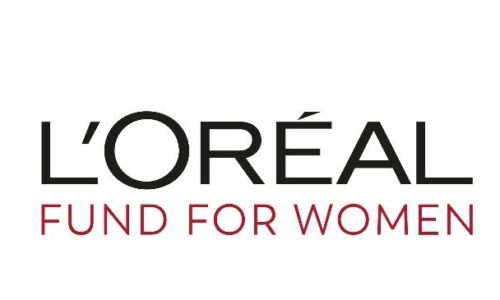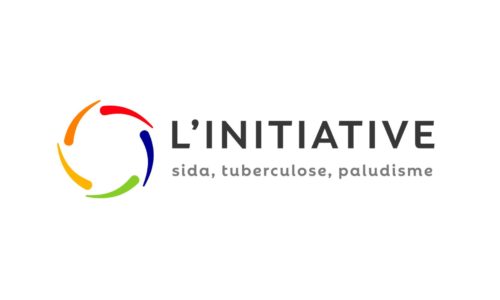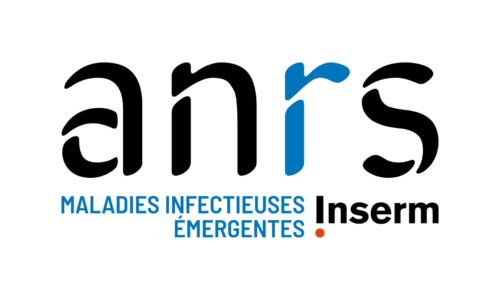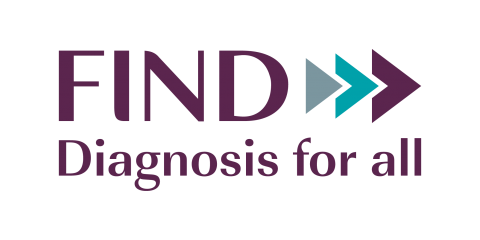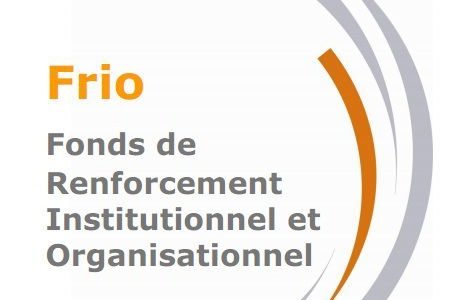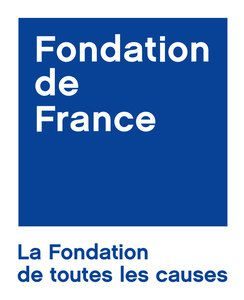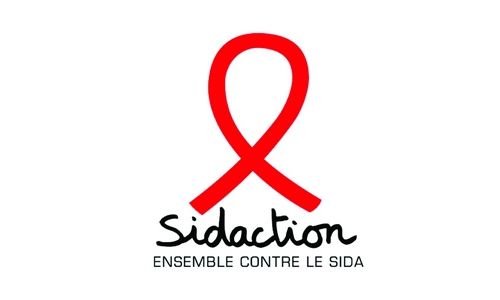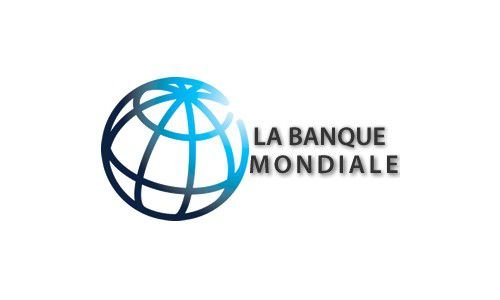IPOP Project: Introduction of Point of care to optimize postnatal prophylaxis for HIV-exposed newborns
GUINEAFighting HIV / AIDSImprove the health of children in Africa
CONTEXT
Despite progress made in the prevention of mother-to-child HIV transmission in recent years, it is estimated that only 37% of pregnant women in Guinea currently receive HIV testing during pregnancy. Prevention of mother-to-child transmission of the virus is a critical issue, as 80% of infected and untreated children are at risk of dying before the age of 3. In order to address this issue, the IPOP project aims at implementing an early HIV diagnosis for newborns exposed to HIV and measurement of the HIV viral load of their mothers at delivery through the implementation of the Point of Care (POC) technology. The Point of Care machines allow healthcare workers to access maternal viral load results and early HIV diagnosis in children within 1 hour, in order to immediately optimize the preventive treatment of newborns and, if necessary, the treatment of the mother.
KEY INFORMATION
| Duration of the project | 3 years (2021-2024) |
| Beneficiairies | Mother-child couples exposed to HIV/AIDS, maternity and pediatric services, national laboratories |
| Sources of funds |
ANRS; ConakryTaipei Fu-Jung Rotary Clubs and the Rotary Foundation; Paris City Hall |
| Partners | La Fondation Espoir Guinée (FEG), PNLSH (National Program to Fight AIDS and Hepatitis), Ignace Deen Hospital |
| Implementation country |
Guinea |
OBJECTIVES
To help reduce morbidity and mortality of infants born of HIV-infected mothers in Guinea. The IPOP project is expected to assess the feasibility in Guinea of a strategy combining early diagnosis and systematic preventive treatment of infants born (within 48 hours of delivery) from HIV-infected mothers who did not receive treatment before delivery and/or were diagnosed positive at delivery. This strategy will be implemented through the introduction of Point of Care technology, which also measures the viral load in HIV-infected mothers at delivery within 1 hour to optimize preventive treatment of infants based on estimated risk. 100% of pregnant women, who will benefit from a viral load measurement, will be put on a possible treatment adapted for her and their infant.
EXPECTED RESULTS
- HIV testing of all women admitted for DELIVERY at Ignace Deen Hospital: approximately 6,000 women
- Putting all women who are tested positive under appropriate treatment to protect them and their babies;
- Early detection of all newborns from infected mothers and initiation of routine life-saving treatment based on the assessed risks of transmission.
The project should improve the Guinean health system by strengthening the capacity of the health personnel to systematically implement HIV testing in the delivery rooms, early diagnosis of newborns, and differentiated treatment for newborns. …. Lessons learned from the project will be made available to the national authorities to improve the national strategy to combat mother-to-child transmission of HIV in Guinea.
The project is a continuation of the ANRS 12344 DIAVINA (2017- 2019) research project which led for the first time to demonstrate at the Ignace Deen Hospital, the feasibility of a strategy combining reinforced preventive treatment and diagnosis at birth to reduce the risk of infection in newborns. The project has led to increased screening and care for mothers and their infants.
Associated contents
AFRAVIH 2024 – Contribution of GeneXpert HIV to the management of HIV-exposed infants in the pediatric ward of Ignace Deen in Guinea (ANRS 12412 IPOP project)
2024
GUINEASTRENGTHENING SYSTEMS AND HEALTH SERVICESFighting HIV / AIDS
Presentation by Dr Alpha Oumar Mansare, epidemiologist and IPOP project coordinator (in french)
